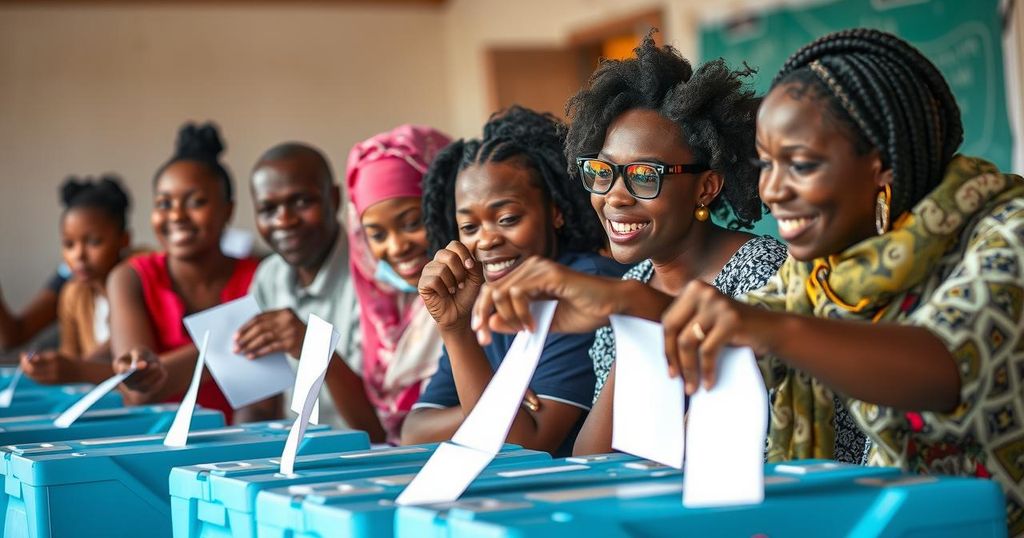Electoral Shifts in Southern Africa: A New Era in 2024 Political Landscape
The 2024 elections in Southern Africa elicited substantial changes as long-standing liberation movements faced significant declines in electoral support. Young voters, prioritizing economic performance over historical allegiance, led to dramatic losses for dominant parties like Botswana’s BDP and South Africa’s ANC. The emergence of new political dynamics reflects a broader demand for accountability and responsive governance across the region.
In the year 2024, significant political shifts took place across Southern Africa during the electoral process, leading to notable declines for traditional liberation movements. Established parties, long in control, faced mounting challenges as younger voters, disconnected from the historical context of colonialism, prioritized pressing issues such as economic opportunities and governance performance. As a result, these long-standing political entities, which previously relied on their historical significance for support, are experiencing a transformative political landscape.
Botswana witnessed a landmark transition when the Botswana Democratic Party, in power since independence in 1966, was defeated in a remarkable opposition victory, attributed to rising youth unemployment and economic downturns. Similarly, in South Africa, the African National Congress, under considerable scrutiny for corruption and service failures, lost its majority control, marking a pivotal change since the end of apartheid.
Namibia’s electoral results were another indication of shifting tides as the long-governing South West Africa People’s Organization barely retained its parliamentary majority, despite the election of the nation’s first female president. This reflects the growing dissatisfaction of voters demanding accountability and effective governance over historical narratives.
Mozambique and Comoros also illustrated the unrest accompanying political transitions, with violent protests erupting due to perceived electoral injustices. In contrast, across the broader African continent, other nations such as Mauritius and Senegal displayed democratic advancements with opposition wins, indicating a widespread desire for change among voters, particularly the youth. These events affirm the increasing importance of economic reform and responsive governance in the region’s political discourse.
The context of the political changes in Southern Africa during the 2024 elections can be traced to a broader trend of evolving voter demographics and a shifting emphasis on governance issues. Traditionally, liberation movements capitalized on their historical significance of leading struggles against colonial rule. However, with a new generation of voters emerging, there is a distinct shift towards demanding accountability and responsive governance. The effects of economic difficulties, particularly in nations reliant on resource extraction, have amplified frustrations among voters, highlighting their desire for immediate improvement in their living conditions and opportunities. Discontent with longstanding parties signals a potential reconfiguration of political power in the region, which could reshape the governance landscape.
The 2024 elections in Southern Africa have heralded a transformative period marked by the decline of once-dominant liberation parties as young voters demand accountability and effective governance over historical legacies. Countries like Botswana and South Africa have experienced substantial shifts in political power, while regional turbulence indicates a rising assertiveness among the electorate. As the landscape of Southern African politics evolves, the emphasis on addressing economic challenges and ensuring equitable opportunities for all, especially youth, will likely play a pivotal role in shaping future governance.
Original Source: abcnews.go.com




Post Comment